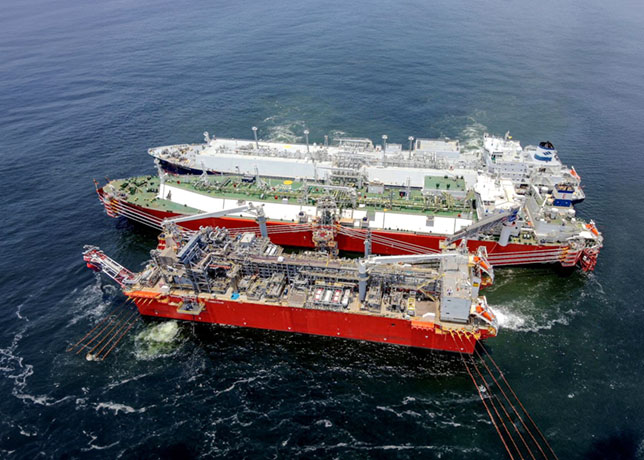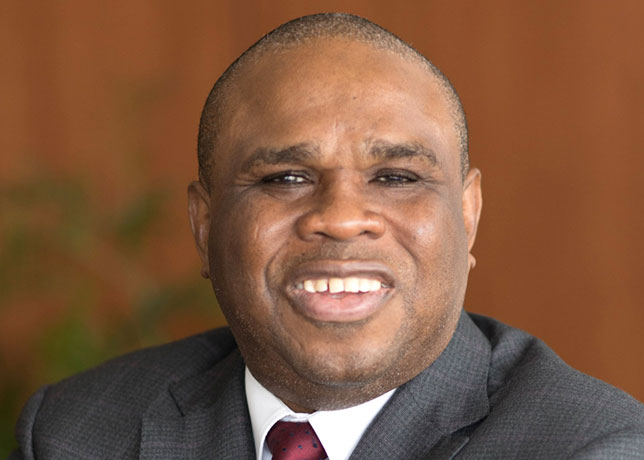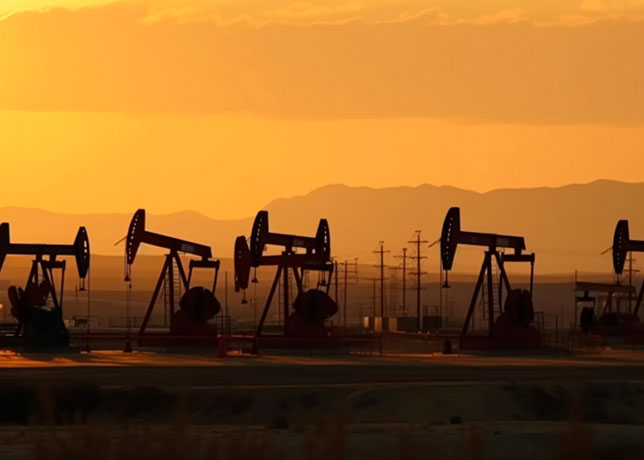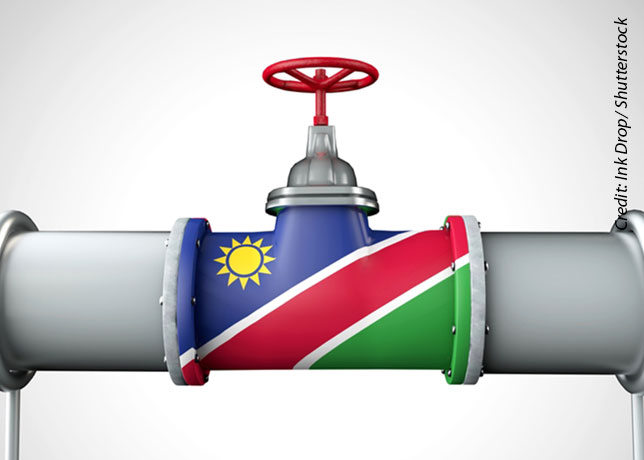
 Dr Benedict Oramah
Dr Benedict Oramah
In a recent commentary, Dr Oramah, President and Chair of Afreximbank presented a nuanced view on the urgent need for climate action in Africa while acknowledging the continent's reliance on fossil fuels.
In a paper, titled 'Transiting to Green Growth in Fossil Export-Dependent Economies: A Pathway for Africa, he has highlighted the severe impact of climate change on the continent, including devastating droughts and catastrophic storms.
Dr Oramah recognises that developing nations, particularly in Africa, face disproportionate risks from climate change, emphasising the need for immediate action to mitigate these threats.
However, he also points out that foreign investments in fossil fuels have historically driven the economies of many African countries.
He cites a significant decline in investment from $60 billion in 2013 to just $22.5 billion in 2020 as major oil companies pivot away from fossil fuel projects under pressure to divest.
The economic repercussions of a complete transition away from fossil fuels could be severe, potentially costing Nigeria alone an estimated $30 billion in GDP.
Dr Oramah warns that the loss of fossil fuel revenues would exacerbate poverty and strain the already limited electricity supply, leaving 600 million Africans without reliable power.
Yet, he offers a hopeful perspective, suggesting the establishment of an African Energy Bank.
This institution aims to achieve four key goals:
• Restore and leverage African and global investment flows into the continent's oil and gas industry over a transitional period.
• Mobilise funding to support investments into the energy value chain of its members.
• Increase investment in transition fuel production and logistics.
• Support diversification of the fossil-dependent economies to mitigate the economic cost of transition.
By redirecting fossil fuel revenues toward sustainable development, Dr Oramah believes Africa can balance its economic needs with global carbon reduction goals.
His emphasises that Africa can lead its own energy transition without relying on foreign aid, paving the way for self-sufficiency and growth.








































































